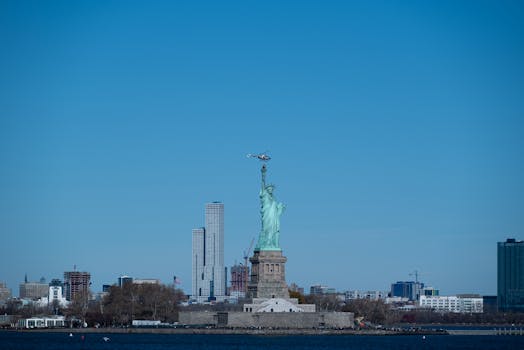Galápagos Islands: A Close Encounter with Wildlife
The Galápagos Islands, a remote archipelago situated in the Pacific Ocean, is a world where wildlife reigns supreme. Here, creatures unbothered by human presence thrive in their natural habitat, offering an intimate encounter with nature that is unparalleled anywhere else on earth. This Eden-like haven, teeming with an extraordinary diversity of life, serves as a living museum and showcase of evolution.

It's a place that continues to captivate scientists, nature-lovers, and intrepid travelers alike. The islands' mesmerizing landscapes and remarkable species make every visit a unique experience.
The Galápagos Islands are renowned for their unique biodiversity. The islands are home to a variety of species that are not found anywhere else in the world. These include the giant Galápagos tortoise, the marine iguana, the flightless cormorant, and the Galápagos penguin - the only penguin species found north of the equator. Each island has its own distinct ecosystem, with species adapting to their specific environments over thousands of years. This has resulted in a fascinating display of evolutionary adaptations that continue to intrigue scientists.
What makes the Galápagos Islands truly special is the lack of fear exhibited by the wildlife towards humans. The animals on these islands have not developed an instinctive fear of humans due to their isolation from human predators. This allows visitors to observe and interact with wildlife at close range, providing an immersive experience that is both awe-inspiring and humbling.
The preservation of this unique ecosystem is paramount. The Galápagos National Park and the Charles Darwin Research Station work tirelessly to protect and conserve the islands' biodiversity. Strict regulations are in place to minimize human impact on the environment and ensure that visitors do not disturb the natural behavior of wildlife.
However, despite these efforts, challenges persist. Climate change poses a significant threat to the fragile ecosystems of the Galápagos. Rising sea temperatures, changing weather patterns, and increased frequency of El Niño events have already had noticeable impacts on the islands' wildlife. Invasive species, both plant and animal, also pose a significant threat to the endemic species of the Galápagos.
The Galápagos Islands offer a unique window into the natural world. They serve as a living laboratory for scientists studying evolution and biodiversity. For nature-lovers and intrepid travelers, they offer an unparalleled opportunity to witness wildlife in its purest form. However, these islands also serve as a stark reminder of the fragility of our planet's ecosystems and the urgent need for conservation efforts.
The allure of the Galápagos Islands lies not just in their unique biodiversity or their role as a living museum of evolution. It is also in the intimate encounters with wildlife that they offer - encounters that are increasingly rare in our modern world. The ability to observe animals in their natural habitat, unbothered by human presence, is a privilege that few places on earth can offer.
As we reflect on the extraordinary diversity of life found in the Galápagos Islands, it becomes clear that these islands are more than just a tourist destination or a scientific research site. They are a testament to the wonders of evolution and the resilience of nature. They remind us of our responsibility to protect and preserve our planet's biodiversity for future generations.
The Galápagos Islands continue to captivate us with their unique landscapes and remarkable species. Yet, they also serve as a stark reminder of the challenges facing our planet's ecosystems. As we strive to understand and protect these extraordinary islands, we must also recognize their fragility and take action to ensure their survival for future generations. The Galápagos Islands are indeed a close encounter with wildlife - an encounter that leaves us humbled, inspired, and profoundly aware of our role in preserving our planet's precious biodiversity.